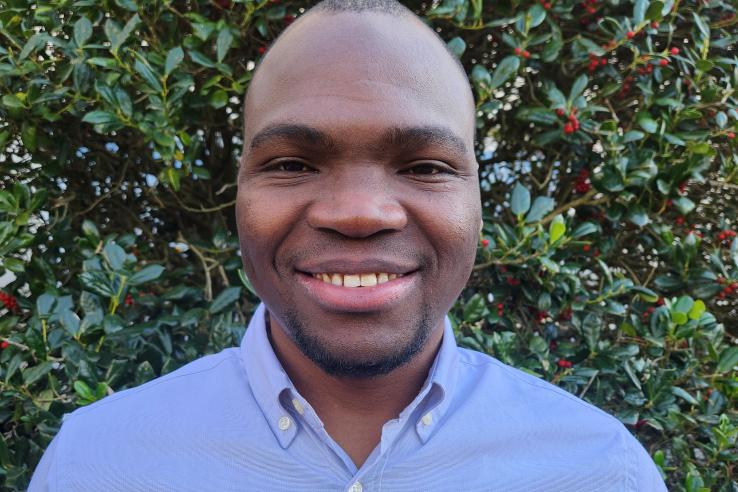Displaying 7846 - 7860 of 8474
Person
Person
Person
Person
Spencer Crawford is a Senior Policy Associate at J-PAL North America, where he synthesizes the policy lessons from J-PAL's economic research into policy publications, helps forge new research partnerships, and shares lessons from J-PAL evaluations with policymakers
Person
Person
Aqila Putri is a Senior Research Associate at J-PAL Southeast Asia where she works on the development and management of randomized evaluation on performance improvement of tax offices across Indonesia.
Person
Sabhya Gupta is a Research, Training and Education Associate at J-PAL Global where she supports and develops training courses. She also works on projects related to research quality and data publication.
Research Paper
File: Research paper
Research Paper
File: Research paper
Blog
We speak with Lazare Kovo from Emory University about how growing up in Benin shaped his passion for development economics. He explains how rigorous impact evaluations can help answer big policy questions, especially on gender gaps, learning, and employment.
Research Paper
File: Research paper
Research Paper
File: Research paper
Person
Vivek Ashok Vaidhya joined J-PAL South Asia in 2016 as a Senior Project Associate in the ETS (CEMS) project.
Person
Person
